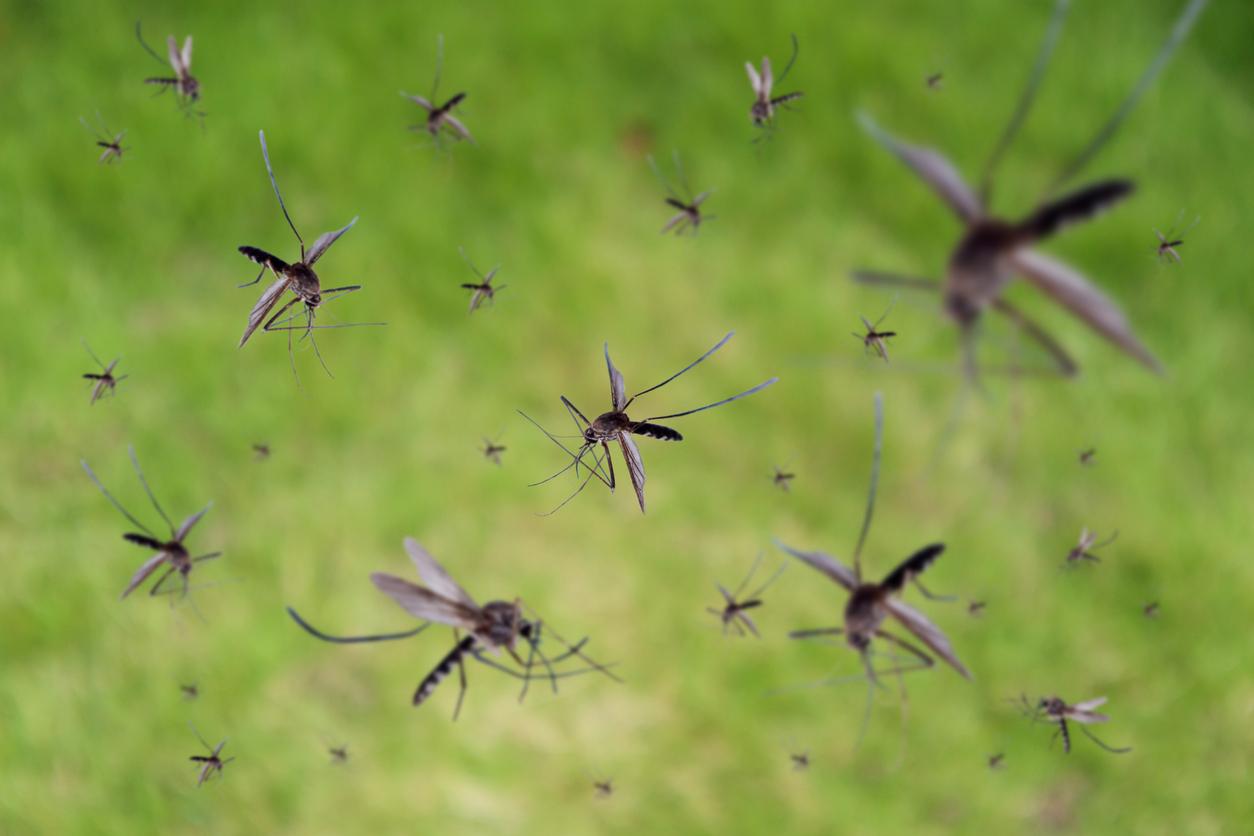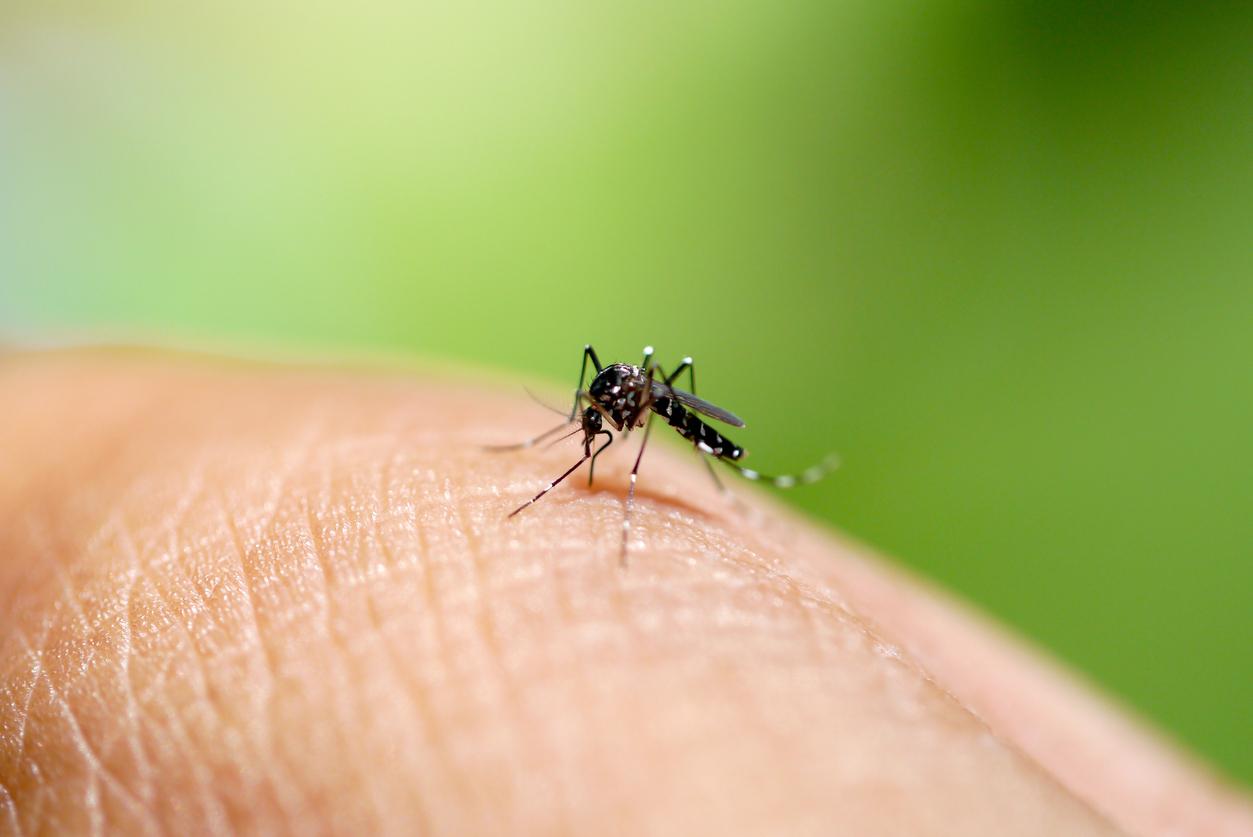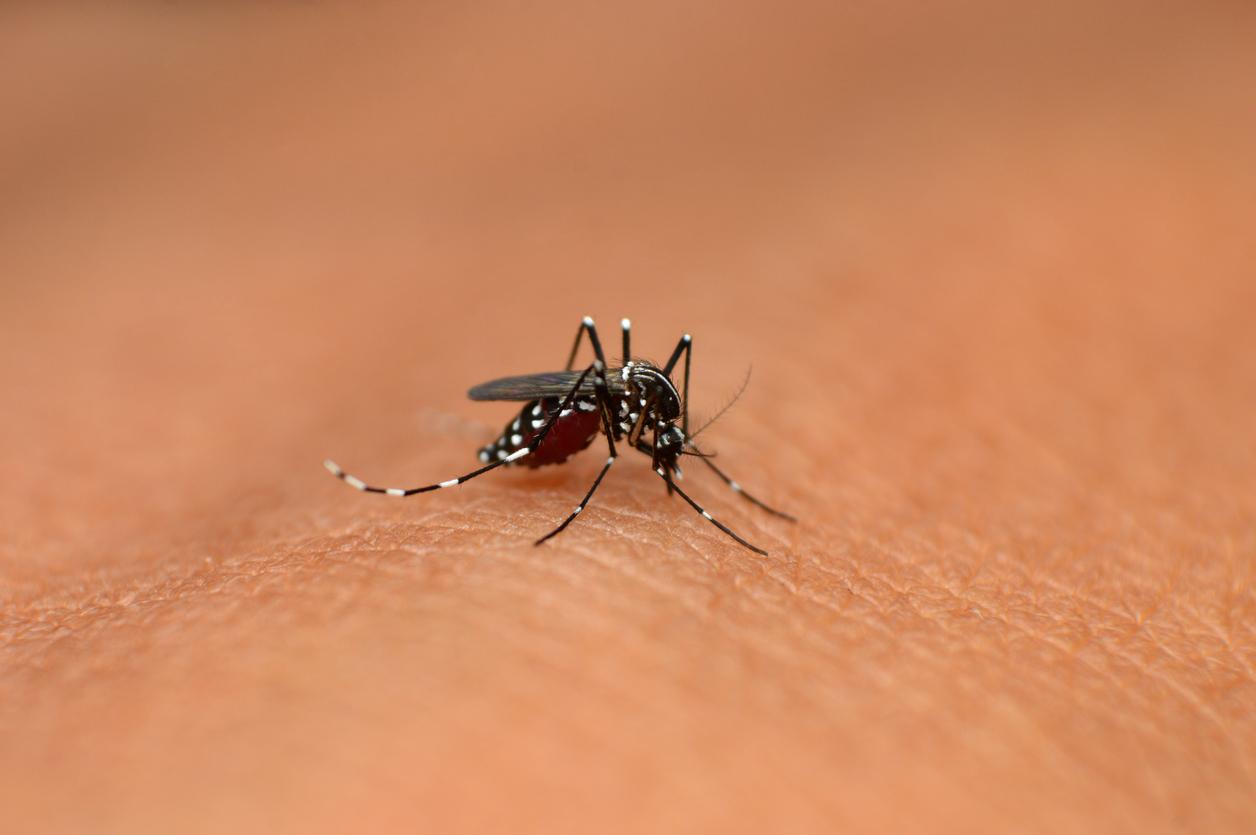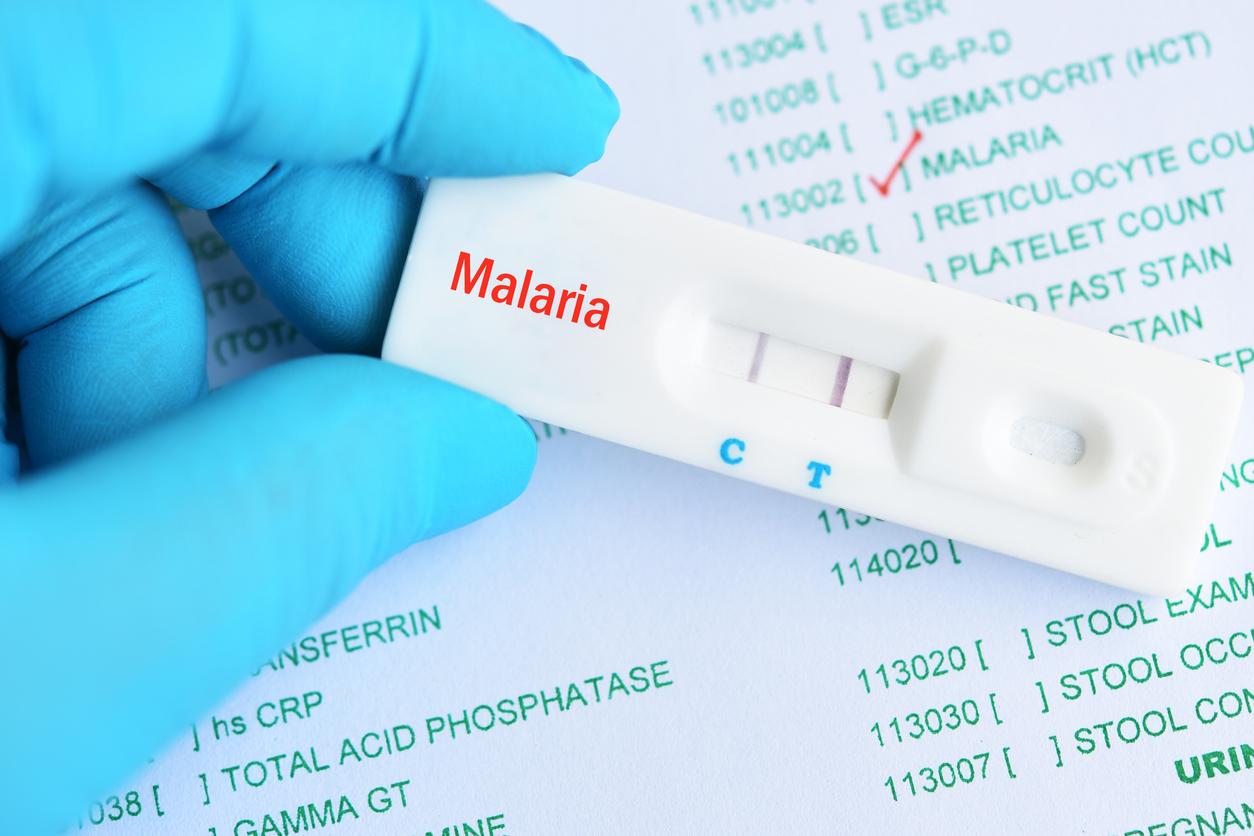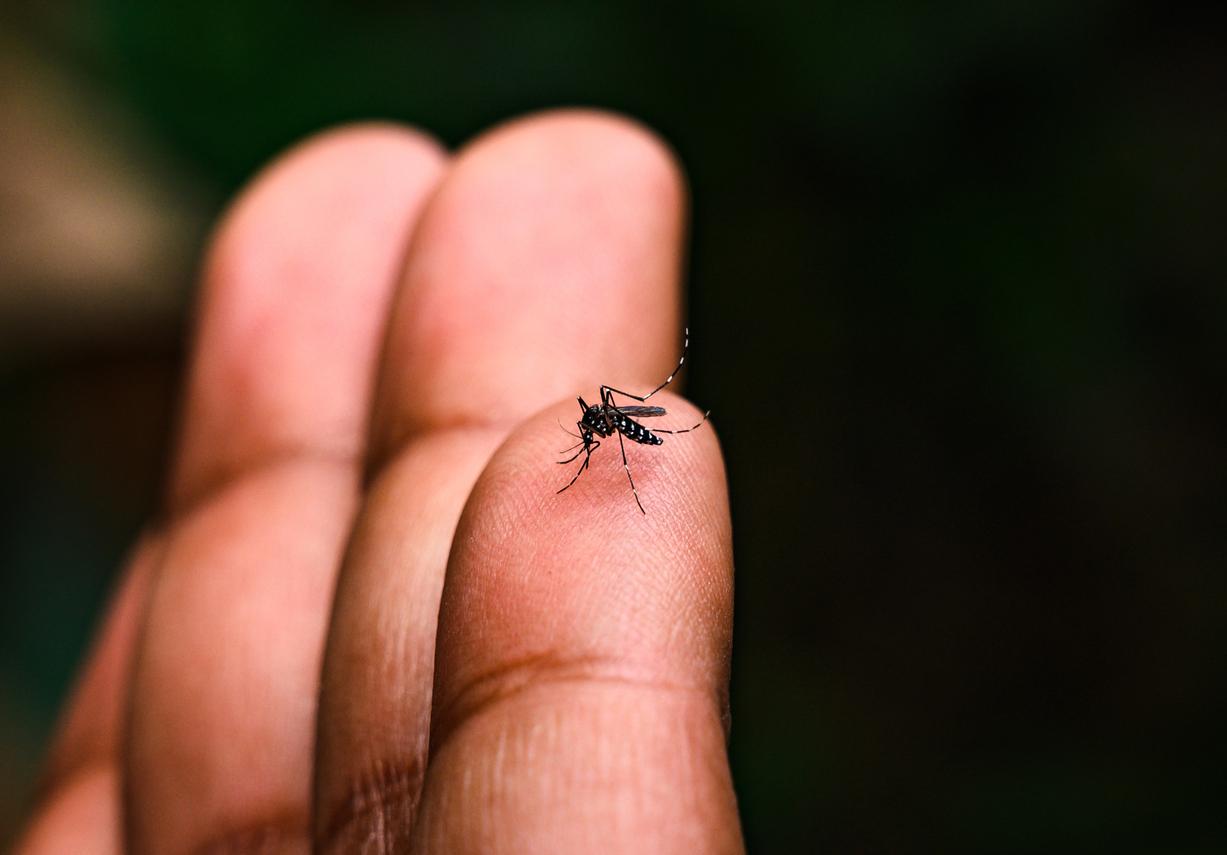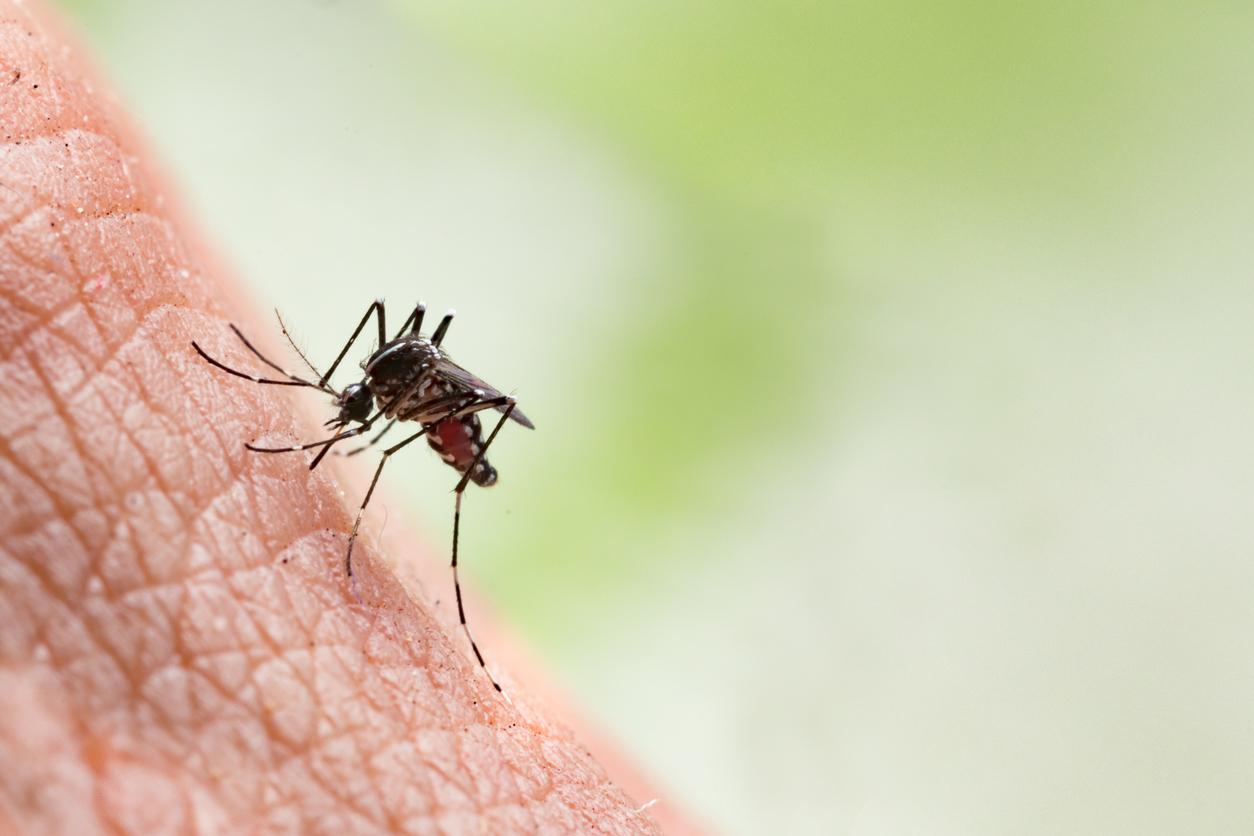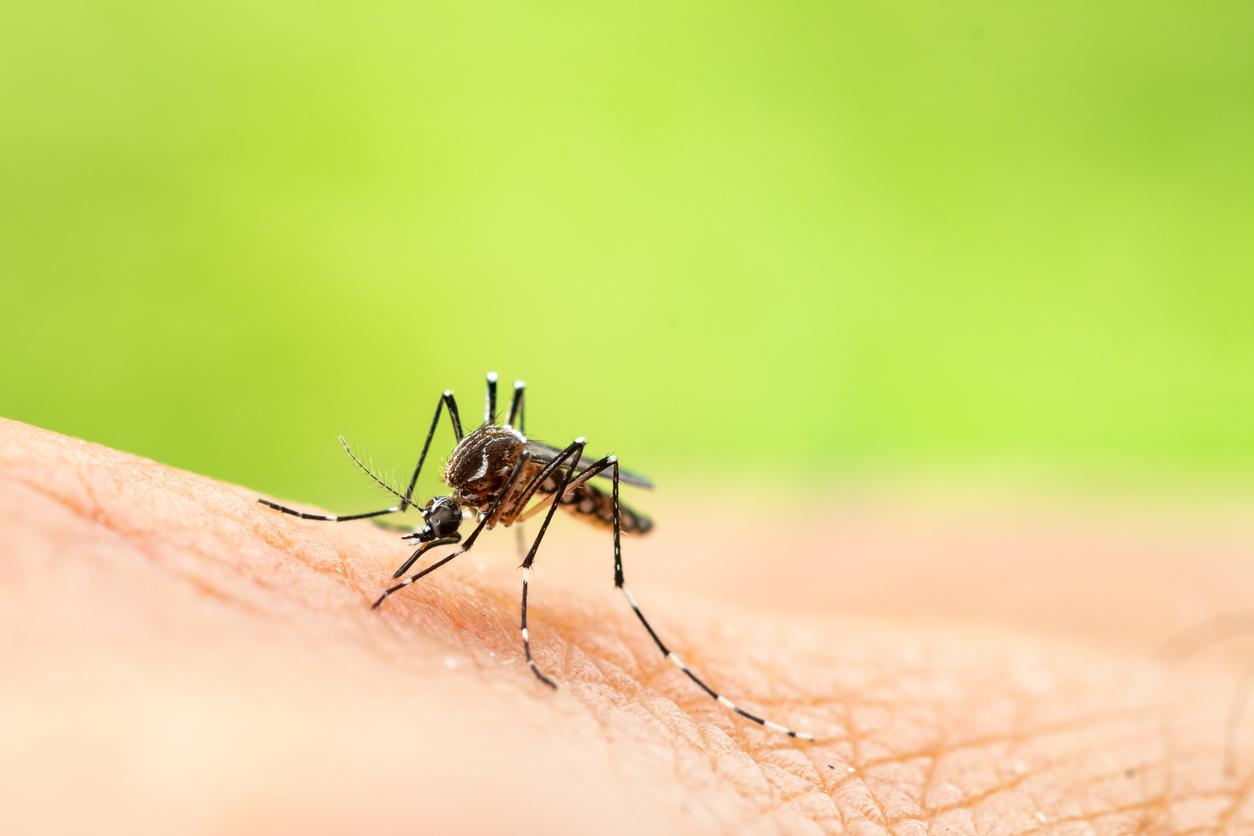American researchers have succeeded in creating an appetite suppressant for mosquitoes so that they no longer bite us.
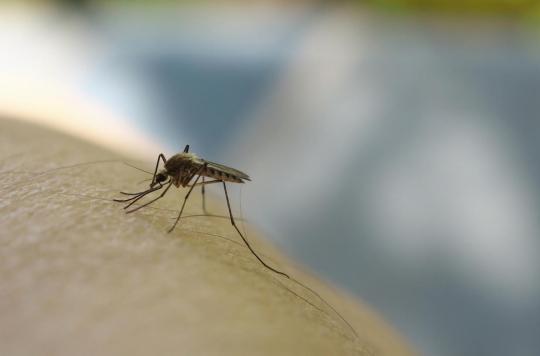
What if we no longer had to gorge on malarone and spray ourselves with chemical mosquito repellent on every exotic trip? While more than 725,000 people die each year from a virus caused by a mosquito bite, American researchers have found the solution to get rid of these undesirables for good: cut their appetite. The results of their study were published in the scientific journal Cell.
In humans, it is neuropeptide Y (NPY) that controls the feeling of satiety by increasing insulin secretion and decreasing energy expenditure. Medicines already exist to regulate appetite in obese people, researchers at Rockefeller University wondered if they could use them in mosquitoes to reduce their desire to bite us.
Result: the insects having absorbed the substances behaved as if they had just eaten: at rest for two to three days. During this time, they even remained indifferent to an anesthetized mouse rich in fresh blood and to a nylon stocking worn for more than ten hours, two things that particularly attract them during hunting season. On the contrary, the mosquitoes which had absorbed only a saline solution, filling the abdomen without acting on the nervous system, recovered much more quickly in search of blood.
However, to be effective, the treatment must be widely distributed in nature. It will therefore have to be completely harmless to humans. Fortunately, scientists were able to identify six compounds that act on NPYLR7 receptors without disrupting those in humans.
Many obstacles remain to be overcome before the implementation of this treatment
In addition, rest assured, the bloodless mosquitoes will not starve, explain the researchers. Indeed, when they have no humans nearby, they usually feed on flower nectar, for example.
“If I could convince all the mosquitoes on Earth to drink our medicine, they would all lose their appetite for 2-3 days. The reduction in mosquito bites would limit disease transmission. That would be great,” enthuses Leslie Vosshall, a neurobiologist who participated in the study in a article published on the site Nature. However, since the compounds must be absorbed in very high doses to affect mosquitoes, the researcher would like to join forces with chemists to create a more powerful molecule, which can therefore be dispersed in smaller quantities.
Anyway, before being able to set up this dream product, several obstacles remain to be overcome. So the researchers need to see if the response of insects to their invention is the same in the wild as it is in a lab. They will also have to find a way to deliver the treatment to the mosquito (they are considering, why not, traps imitating the smell of humans). Finally, a special device will have to be created so that the appetite suppressant cannot affect other insects such as butterflies.
Insects responsible for the transmission of many diseases
The road therefore still seems long before the implementation of such a device, but if the researchers succeed, their product could really change the game. Indeed, in addition to the unbearable traces and irritations that mosquito bites cause, they are responsible for the transmission of many potentially fatal diseases.
Among them, chikungunya, dengue fever, Zika virus, West Nile virus, yellow fever, Japanese encephalitis and malaria. Moreover, with globalization, the spread of these diseases is going faster and faster: an infected person in an area where the disease is present can be bitten on his return from a trip by a vector mosquito. The latter can then, a few days later, bite other people who will in turn be infected by the virus, “resulting in the appearance of the first indigenous cases which may be the cause of an epidemic”, explains the French ministry. Health on his site.
“In terms of collective prevention, the community fight aims to remove breeding places inside and around its habitat (areas of stagnant water such as under pots, waste, gutters, etc.) It is the most effective way to reduce the density of mosquitoes”, then reminds the government, encouraging travelers or people living in endemic areas to wear long and loose clothing, as well as to use mosquito nets and repellents. Waiting for the arrival of the super appetite suppressant for mosquitoes in the wild…

.









